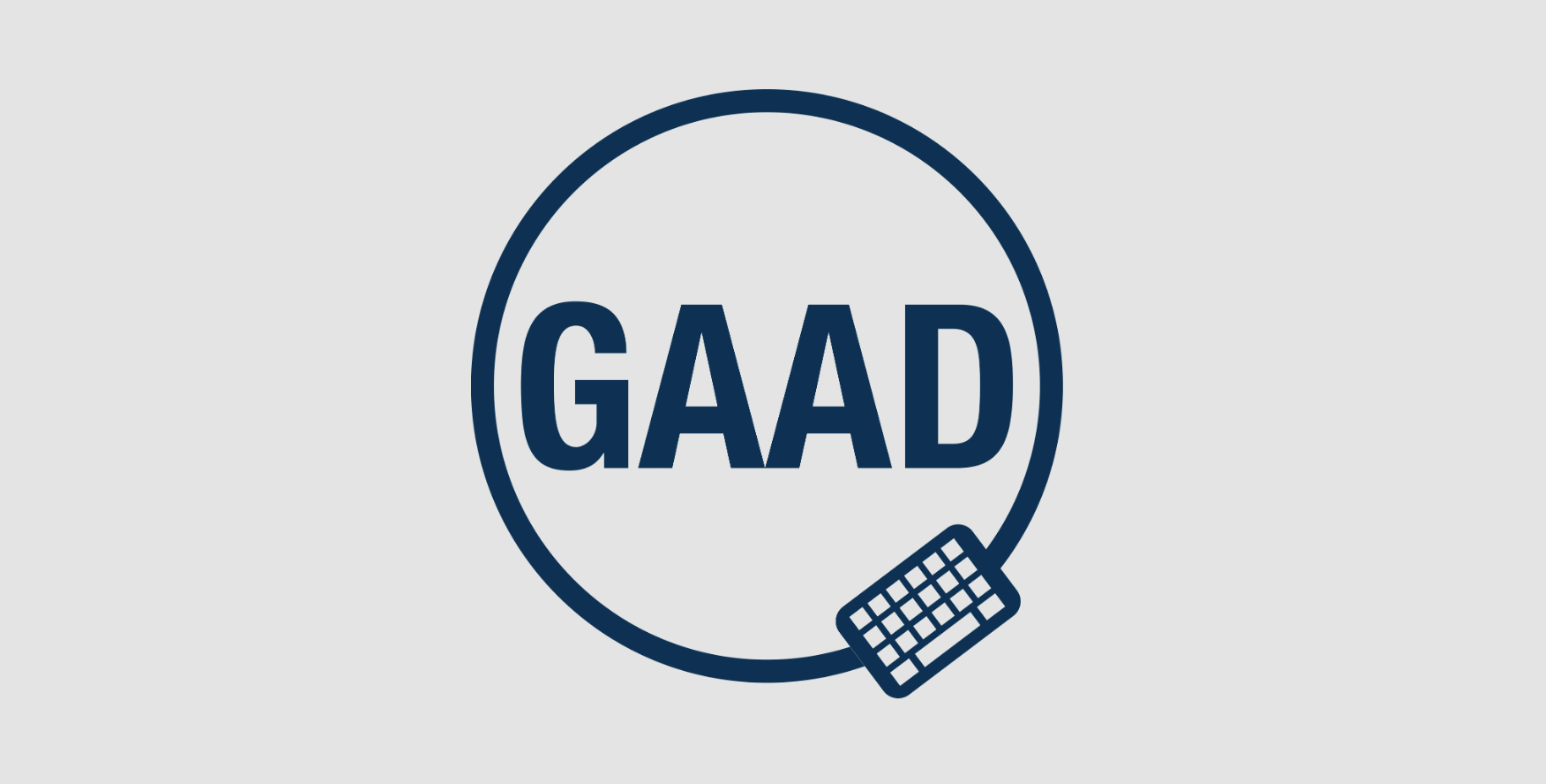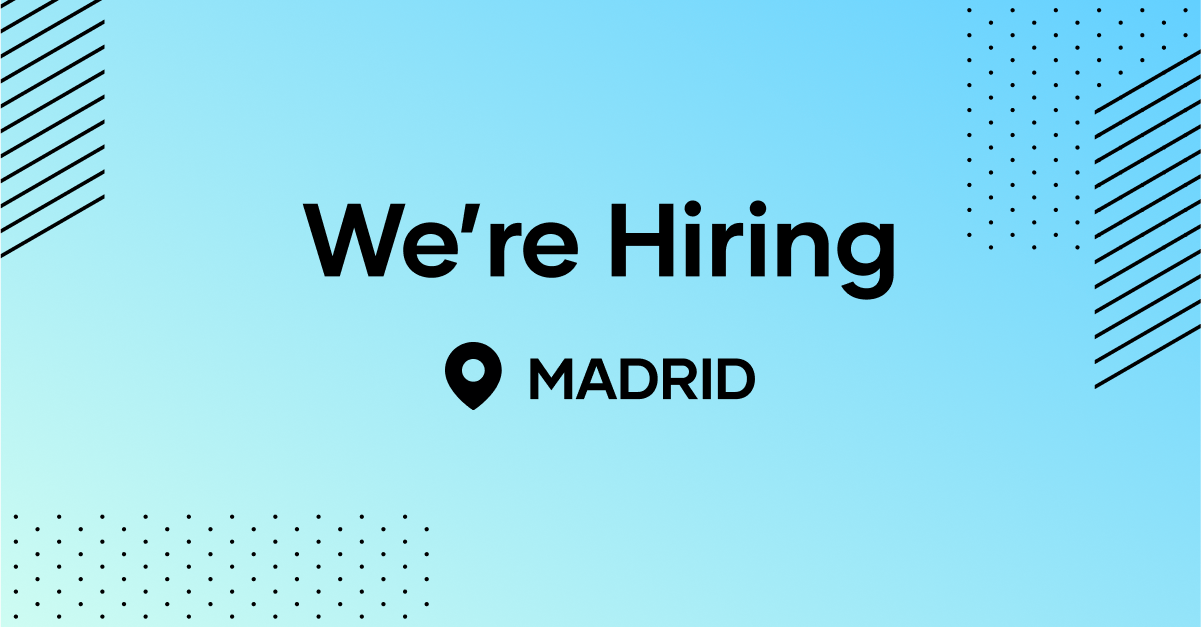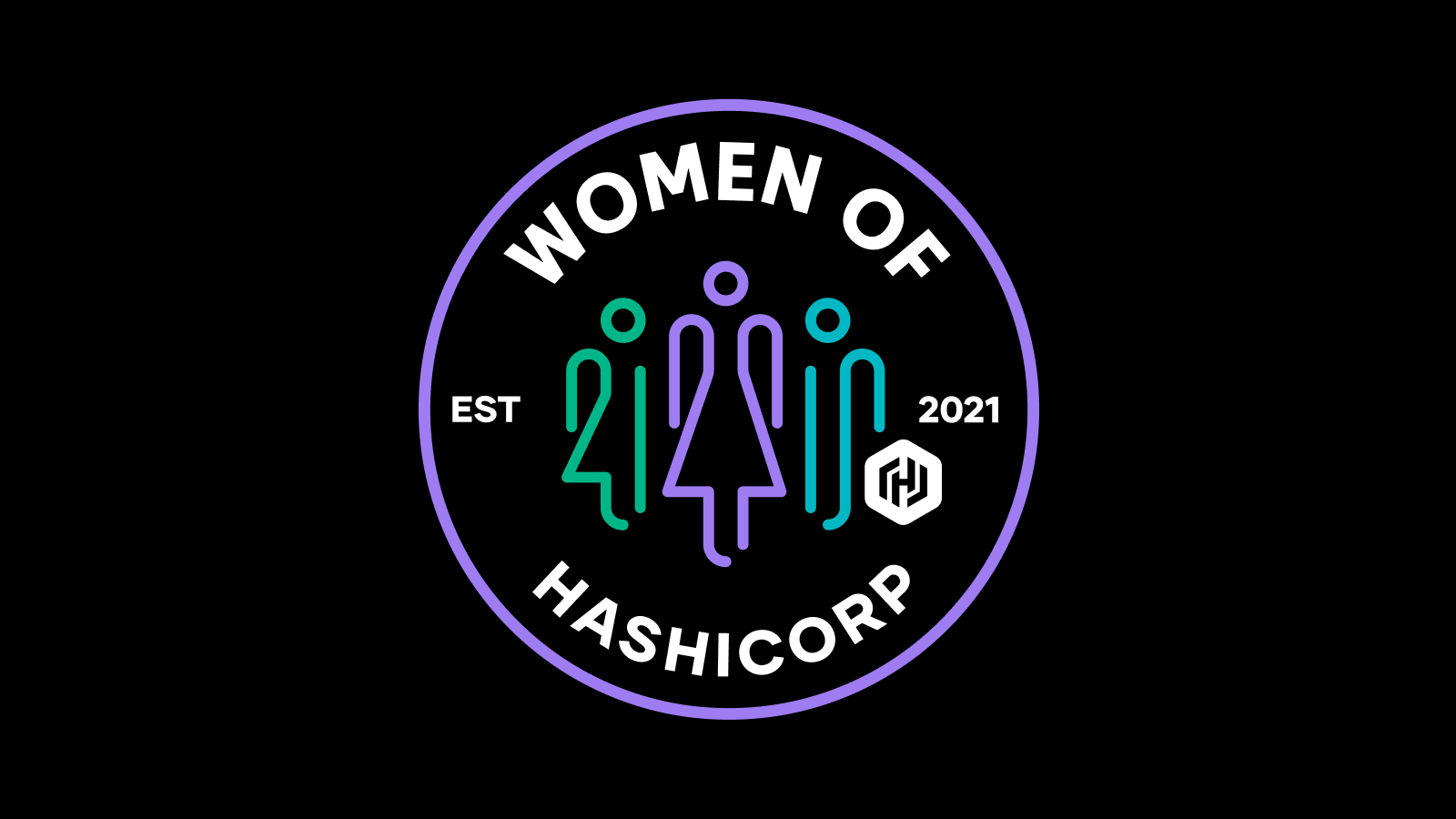Women’s History Month: Stories of Making a Difference
In honor of Women’s History Month, five women at HashiCorp share stories on how they work to make a difference in their communities.
In honor of Women’s History Month, five women at HashiCorp talk about how they strive to give back to their communities, both outside the office and at work.

»Hope Blaythorne: Director of Customer Success
For me, giving back began by serving on local community boards. It all started when I was home on maternity leave with my daughter Coco, and the New Hope Solebury public library in Pennsylvania needed board members. I attended the next board meeting with seven retired professionals from all walks of life who all shared a love of reading. I joined and helped them craft a five-year plan, and worked to engage other members of the community — including a famous children’s writer (the late Jan Berenstain) — to help us to execute on this plan.
I ended up being named President of the Board, and took classes to learn how to actually run a board. (So much for my maternity leave.) Most importantly, I could see how this work made a difference in the community.
From there, I went on to help a struggling group of environmental advocates who were trying to stop the negative impacts on the watershed from a local quarry. Once again, I leveraged my "work skills" and helped set up a 501(c)(3) non-profit corporation, engaging local government officials and the Department of Environmental Protection (DEP) to help stop the quarry’s operations. It took ten years, but we succeeded and today the waterway, once on Pennsylvania’s “Threatened” list, is a clean stream. That’s critical in a community that relies on well water.
I then parlayed that effort to then serve on my township's Environmental Advisory Council, where I have served for the past ten years. I am currently helping to set up a "BirdTown" Committee with the National Audubon Society to help preserve bird habitats and fight climate change. We will be working with a local school to plant trees along a stream bed in the spring. The Boy Scouts will help us place bird boxes in our local park to provide places for the birds to live. And to help get all ages involved, the students will vote on what bird our township should adopt as our township “bird”.
»Laura Haller: Security Engineer II
I’m trying my best to give back by helping to chair the Women of HashiCorp Employee Resource Group (ERG), but I know I have so much room to grow.
Outside of work, I’m a mentor for the international Women in Cybersecurity (WiCyS) group. WiCyS started an annual mentorship program in November of 2020, and it’s given me the opportunity to mentor four to five mentees each year from historically excluded backgrounds.
We meet monthly with a rough curriculum and we talk through topics like influence, work-life balance, negotiation, feedback, leadership, presentations, and communication, as well as some freestyle topics on cybersecurity.
Really, what WiCyS and the mentors are trying to impart is an understanding of all the standard workplace tactics and techniques that have to be modified for women to take full advantage of them. It’s about sharing psychology-based tactics like, “negotiation works better for women when we negotiate on behalf of another party as opposed to for ourselves.”
Personally, I also try to show my mentees that “you belong in cybersecurity.” There’s still such a limited image of who does and who does not have a place in the cybersecurity field, and each year I see my cohort struggling to find a way to feel like they belong in a field where the stock image is a guy in a black hoodie hunched over his keyboard.
Despite that, through all our talks and interactions over the course of the year, I can see their confidence grow, until they no longer feel like they have to conform to a stereotype that doesn’t include them. For me, there’s nothing more rewarding than seeing that transformation.
»Sarah Ramsey: Talent Development Partner
I went to a Jesuit college (go Eagles!) that encouraged its students to be “men and women for others,” and emphasized the importance of reflection in order to live an intentional life. This is where I learned to question who I have been, who am I now, and who I want to become. It also is where I realized my career purpose of enabling others to reach their full potential, so that they can feel happy, content, and challenged at the end of their days.
In order to work towards this objective, a guiding question I ask myself is, “How can I better care for the full person” at HashiCorp and in the community.
One answer to that question arrived when we were confronted with a global pandemic while experiencing a period of fast growth at HashiCorp. I could feel and see employees’ stress as they operated at maximum capacity in both their work and home lives. I pitched an idea to create a workshop designed to teach employees how to add “recovery periods” to their day, in order to help break up their stress cycles and remind them of the importance of self-compassion.
I believe the true success of this initiative is measured not by the number of attendees nor the continued demand for sessions. The real success lies in creating a space for employees to realize their common humanity, admit their struggles, and leave with a newfound commitment to take care of themselves better.
This is the type of work that gives me energy and that gets me one step closer to realizing my ultimate goal of helping people reach their telos. I am extremely grateful to work at a company that aligns with my core values and prioritizes programs that foster kindness and reflection.
»Caroline Paine: Strategic Account Manager
In 2017-2018, I volunteered serving food at The Soup Kitchen for homeless guests in London: cooking and serving, but more importantly listening to the guests, allowing them to share their feelings and their stories. I remember the most impactful piece of advice from my first shift, “Give the guests your compassion… and if they want seven teaspoons of sugar in their drink, let them have it, they need the calories!” That nugget of advice was poignant because it showed me that compassion is not pity and judgment isn’t helpful. One of the most memorable experiences I had at The Soup Kitchen was seeing guests share with their fellow guests; even when they had very little their minds were community focused.
When the COVID-19 pandemic hit in 2020, I started volunteering for a charity called Re-engage that supports elderly people who are alone. Each week I call my new pal and we chat about life and memories. It's a lovely way to give back by alleviating loneliness. It takes only a small amount of time but can make a huge difference to someone who may be alone for a large portion of the week. My pal and I talk about everything and anything; she’s had me in tears from moving stories she’s shared with me about her life, and also in tears of laughter often at the very same stories. I’m grateful that when I sit down to talk with my pal each week, I also get a break from the world, I’m able to pause, listen, learn, and reflect on the world through someone else’s experience, which I will no doubt find useful in my own life.
Both these experiences, I believe, show that anyone can make a difference by just giving a small amount of time to listen, be curious, and practice compassion.
»Rae Krantz: Manager, Engineering
"What is yours to do?" That’s a question Suzanne Stabile asks a lot in her discussion of the different dynamics that various Enneagram types bring to teams and situations. Essentially, it means, “When I see a problem, which part of it should I fix? Which part should someone else fix?" We live in communities and work at companies with many competent people and teammates, and we don't have to do everything. So what is mine to do? What would I be best at? Where would I make the most impact? And where can I call for support?
Asking this question in my career led me to apply for — and later accept — a new role as an engineering manager last month, after six years as an independent contributor. Asking this question in my personal life has led to lots of fulfilling work applying my skills in my community. I'm a part-time journalist for an indie, online-only news outlet in Delaware. I've written several articles in the last year, including pieces on a Black maternal health organization and a housing-reform organization pushing legislation to support tenants' rights and water access.
Black Mothers in Power is training Black doulas, offering new parents education on breastfeeding and cloth diapering, and encouraging childbirth practices that increase safety for Black women and babies.
The HOMES Campaign, meanwhile, believes that housing is a human right, and works with landlords, tenants, and homeowners to improve housing for people in Delaware. This includes working on legislation to guarantee tenants a right to counsel when they are faced with eviction, and pushing to stop water shutoffs in the city of Wilmington. I’ve attended protests to support people’s right to drink water, and written pieces about the dynamics currently blocking bills like the tenants’ right to counsel. I’m using my body and my voice to correct injustices and help people who are so often left behind in our systems.
My current project is interviewing organizations across the state of Delaware working in the area of food justice. My list so far includes Bright Spot Farms, Free Food for All, and Wilmington Kitchen Collective, a growing network of community kitchens for people to prepare foods for sale (which can help bolster small businesses and food access alike).
The views expressed on this blog are those of the author(s) and do not necessarily reflect the views of HashiCorp.
Sign up for the latest HashiCorp news
More blog posts like this one

Global Accessibility Awareness Day – A chance to broaden our perspectives
GAAD — Global Accessibility Awareness Day on 16 May — reminds us to analyze our assumptions, challenge them, and meet people with disabilities with an open mind.

HashiCorp’s new Madrid Tech Hub: Meet the founders
Get the inside story of our new office in the Spanish capital, from three “founders" who are making it happen.

HashiCorp spotlights Women’s History Month
As Women’s History Month draws to a close, we’re spotlighting members of the HashiCorp community to share the journeys and achievements of women working in tech.